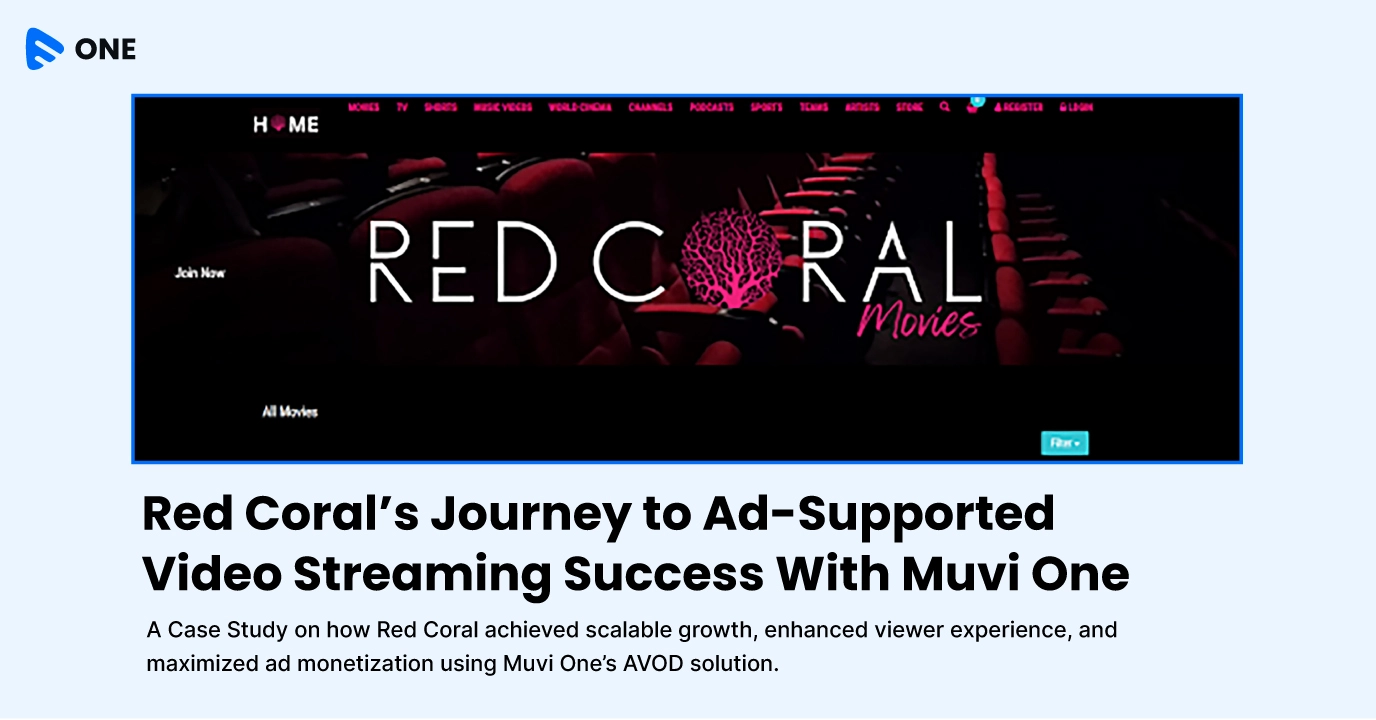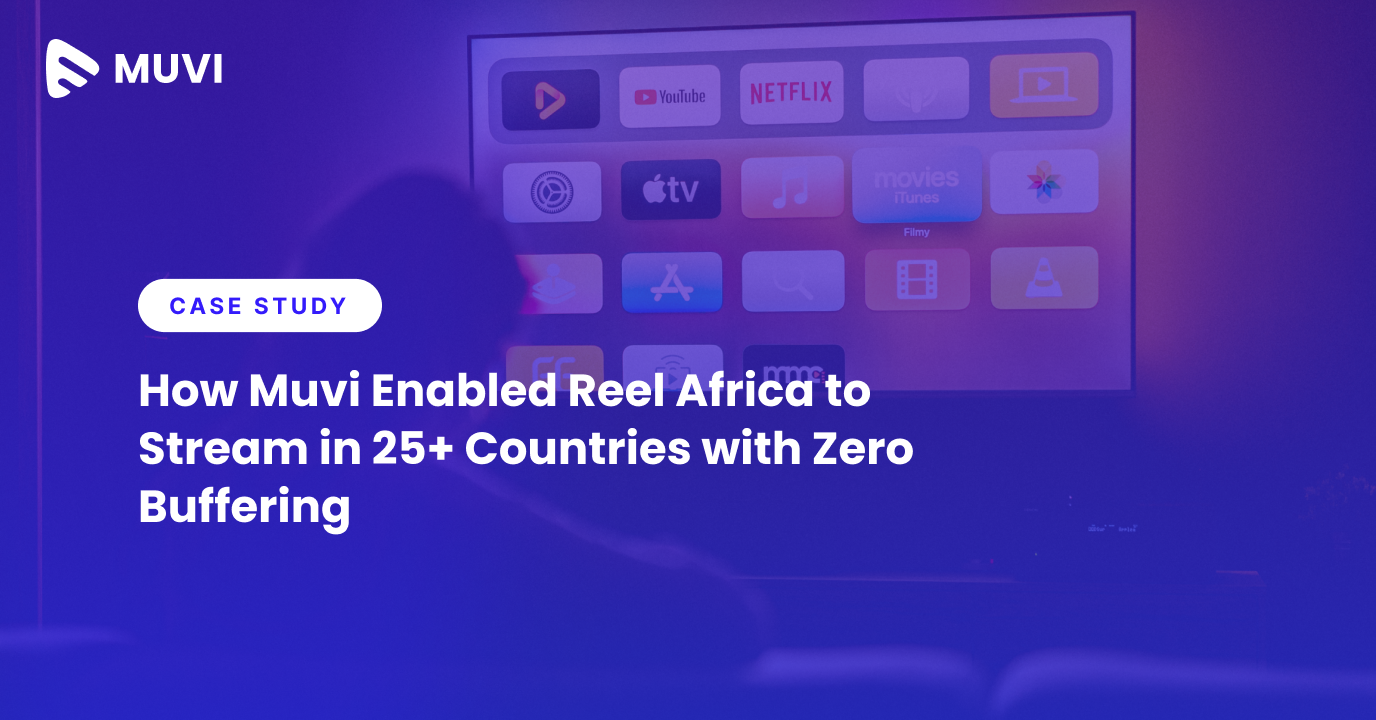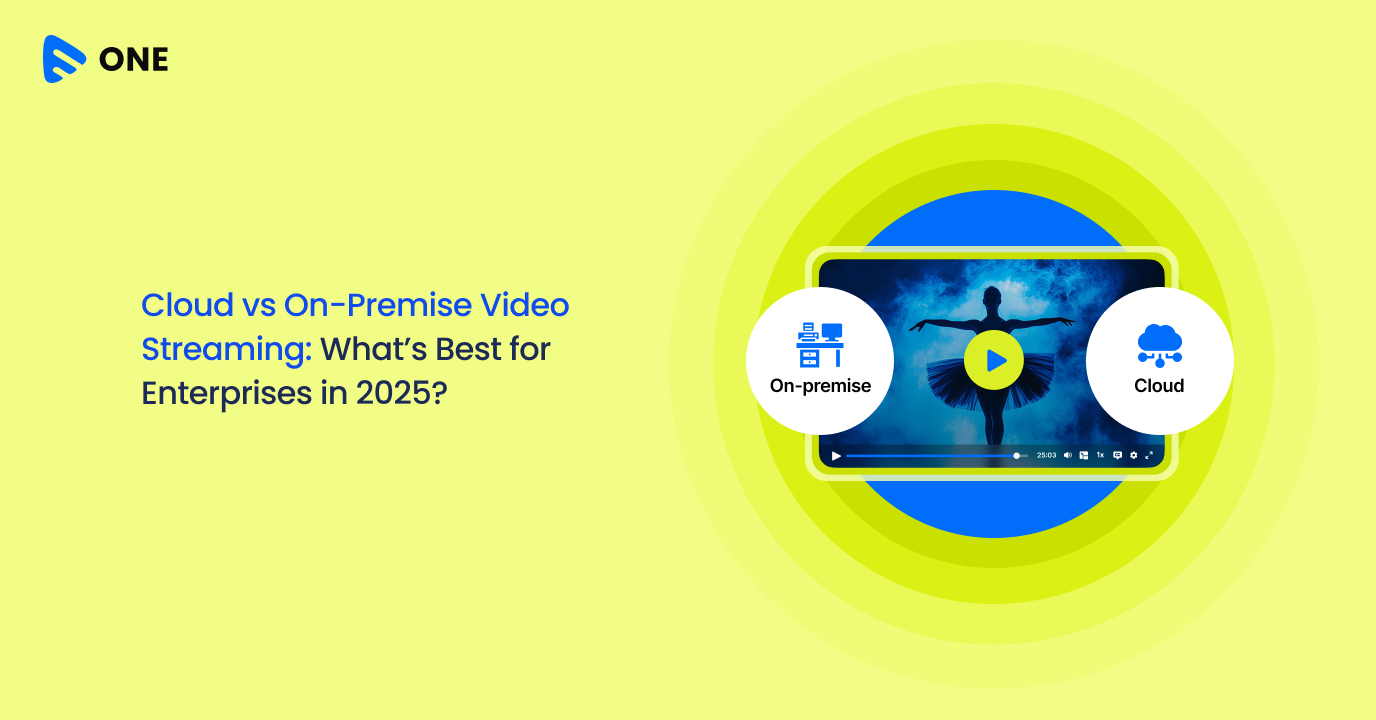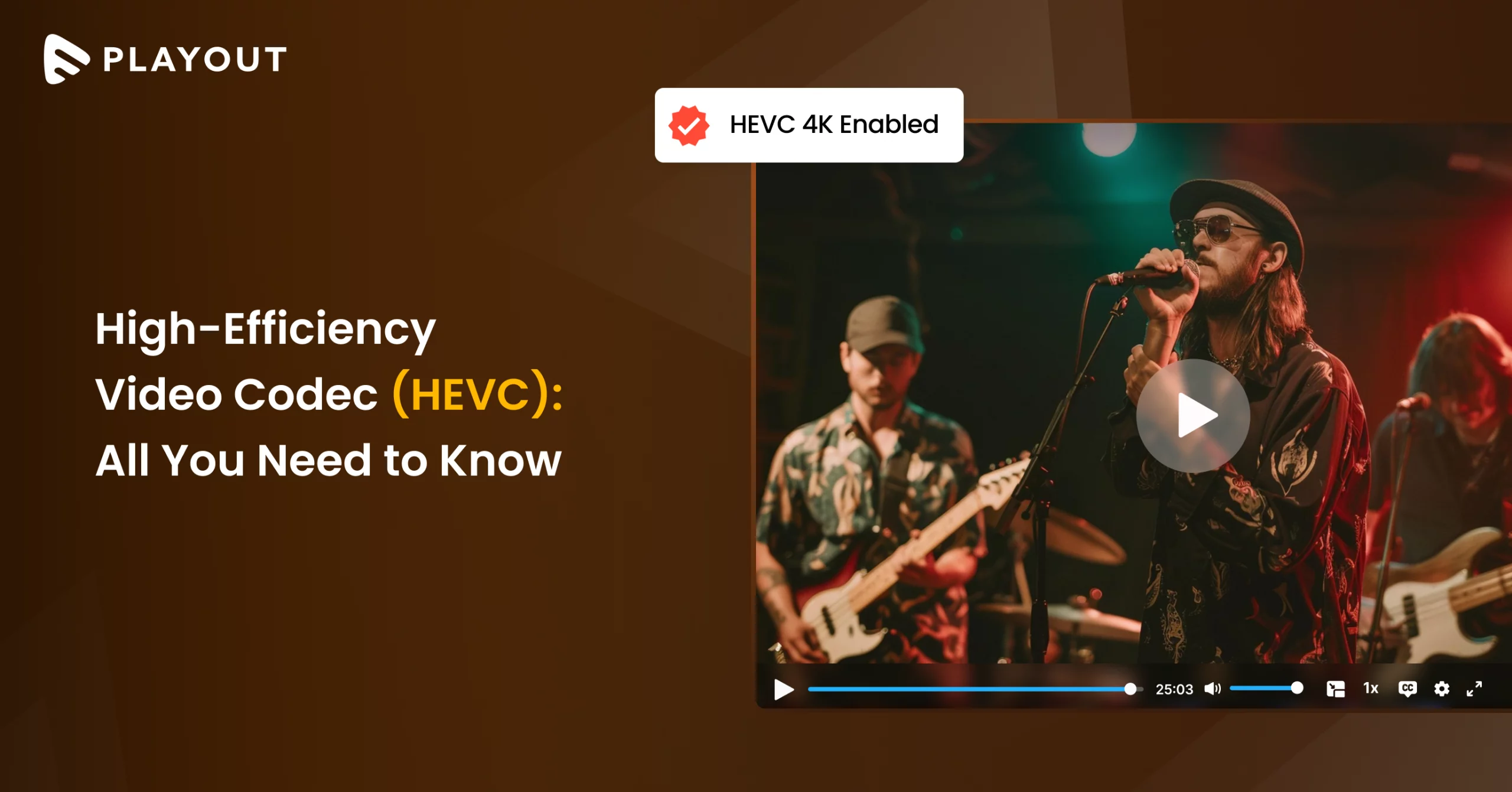Written by: Roshan Dwivedi
With the rise of online content and big data, courts are beginning to define video on demand streaming service media companies’ obligations under the Video Privacy Protection Act (“VPPA”) 18 U.S.C § 2710.
Passed in 1988, the VPPA prohibits a “video tape service provider” from “knowingly” disclosing a consumer’s “personally identifiable information” (“PII”) to third parties without his or her consent. The VPPA defines a “video tape service provider,” in part, as any person “engaged in the business . . . of rental, sale, or delivery of prerecorded video cassette tapes or similar audio visual materials.” A “consumer” under the statute includes a renter, purchaser or subscriber of goods or services, while PII is “information which identifies a person as having requested or obtained specific video materials or services from a video tape service provider.” Notably, the VPPA creates a private right of action and allows a court to award statutory damages upwards of $2,500 per violation (as well as attorney fees).
Read the entire story here.














Add your comment